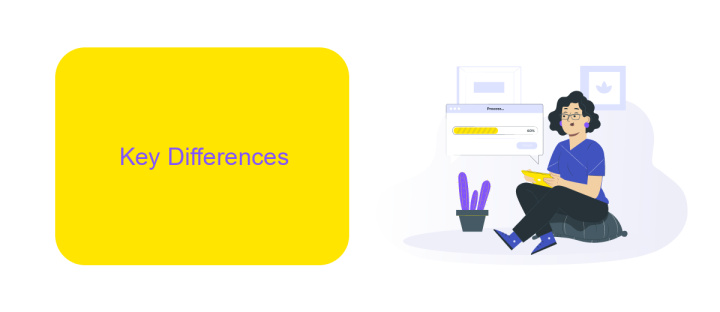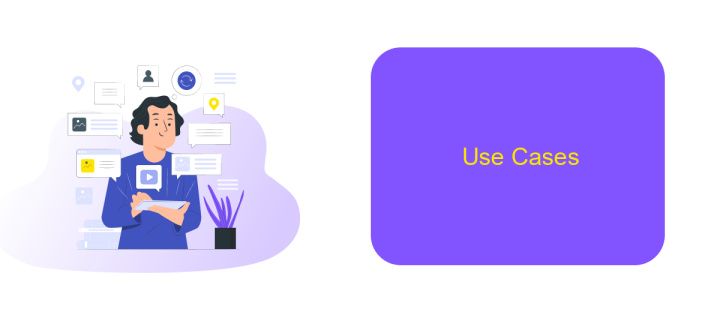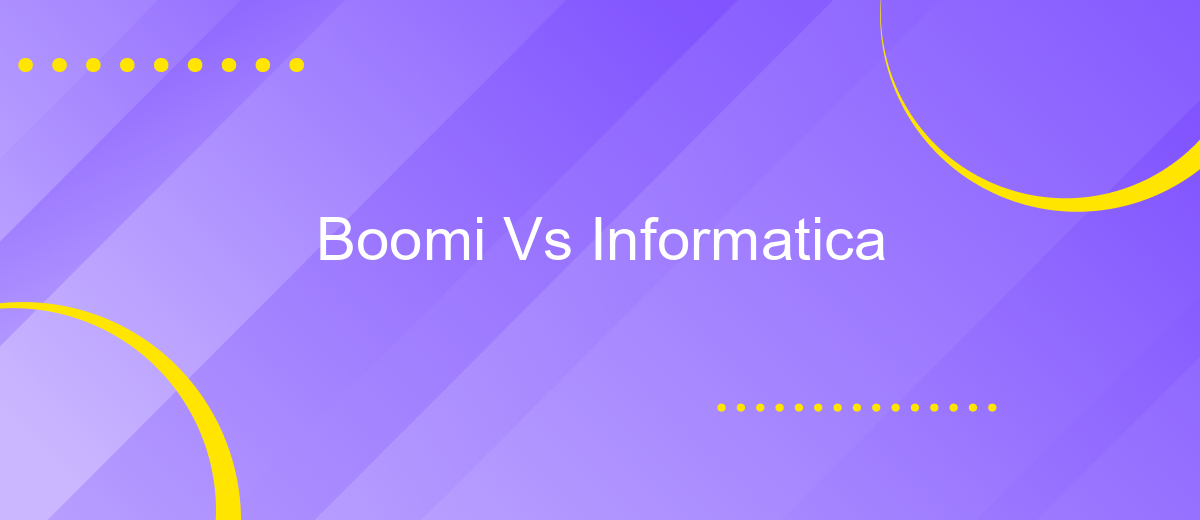Boomi Vs Informatica
When it comes to data integration and management, Boomi and Informatica are two industry-leading platforms that often come under comparison. Both offer robust solutions for connecting, cleaning, and analyzing data, but they cater to different needs and preferences. This article delves into the key features, strengths, and weaknesses of Boomi and Informatica to help you make an informed decision.
Introduction
In the ever-evolving landscape of data integration and management, choosing the right platform is crucial for businesses aiming to streamline their processes. Boomi and Informatica stand out as two of the leading solutions in this domain, each offering unique features and capabilities. Understanding their differences and strengths can help organizations make informed decisions tailored to their specific needs.
- Boomi: Known for its user-friendly interface and cloud-native architecture, Boomi excels in rapid integration and scalability.
- Informatica: Renowned for its robust data management capabilities, Informatica offers comprehensive tools for data quality, governance, and integration.
- ApiX-Drive: Simplifies the integration process by providing a no-code platform, making it accessible for businesses of all sizes to connect various applications seamlessly.
Both Boomi and Informatica have their unique advantages, and the choice between the two often depends on the specific requirements of a business. While Boomi is ideal for those seeking quick deployment and ease of use, Informatica is preferred by enterprises needing extensive data management features. Additionally, platforms like ApiX-Drive can complement these solutions by offering simplified integration capabilities, ensuring a smooth and efficient workflow.
Key Differences

Boomi and Informatica are both prominent players in the data integration space, yet they cater to different needs and preferences. Boomi, known for its user-friendly, low-code platform, allows businesses to quickly set up integrations with minimal technical expertise. This makes it an ideal choice for small to medium-sized enterprises looking to streamline their processes without significant investment in IT resources. On the other hand, Informatica offers a more robust and feature-rich environment, suitable for large enterprises that require extensive data management capabilities and are prepared to invest in a more complex setup.
Another key difference lies in their approach to cloud integration. Boomi, being a pioneer in the iPaaS (Integration Platform as a Service) market, provides seamless cloud integration with a wide range of applications, making it highly adaptable for modern cloud-first businesses. Informatica, while also offering cloud solutions, is traditionally strong in on-premises data integration, making it a go-to for organizations with substantial legacy systems. Additionally, services like ApiX-Drive can further enhance these platforms by providing specialized integration capabilities, ensuring that businesses can connect a multitude of applications effortlessly.
Similarities

Boomi and Informatica are two leading integration platforms that offer robust solutions for data management and application integration. Both platforms are designed to streamline complex data workflows and ensure seamless connectivity between various systems.
- Cloud Integration: Both Boomi and Informatica provide powerful cloud integration capabilities, enabling businesses to connect their on-premise systems with cloud-based applications efficiently.
- Data Transformation: These platforms offer comprehensive data transformation tools that allow users to manipulate and format data as it moves between different systems.
- API Management: Both Boomi and Informatica support extensive API management features, facilitating the creation, deployment, and monitoring of APIs to ensure smooth data exchange.
- Scalability: Both solutions are highly scalable, capable of handling large volumes of data and complex integration scenarios, making them suitable for businesses of all sizes.
- Security: Security is a top priority for both platforms, offering robust encryption, authentication, and authorization mechanisms to protect sensitive data during integration processes.
In addition to these similarities, services like ApiX-Drive can further enhance the integration capabilities of both Boomi and Informatica by providing additional tools and features for automating and managing integrations across various applications and systems.
Use Cases

Boomi and Informatica are both powerful tools for data integration, but their use cases can vary significantly based on the specific needs of an organization. Boomi is often favored by small to medium-sized businesses for its ease of use and quick deployment. It is particularly effective for cloud-based integrations and offers a user-friendly interface that simplifies the integration process.
Informatica, on the other hand, is typically chosen by larger enterprises that require more complex and scalable integration solutions. It provides robust data management capabilities and is well-suited for handling large volumes of data across various platforms. Informatica's advanced features make it ideal for organizations with extensive data governance and compliance requirements.
- Boomi: Ideal for quick cloud-based integrations and smaller businesses.
- Informatica: Best for large enterprises needing complex, scalable solutions.
- ApiX-Drive: Useful for setting up integrations quickly without deep technical knowledge.
Both Boomi and Informatica have their strengths, and the choice between them often depends on the specific integration needs of a business. Additionally, tools like ApiX-Drive can complement these platforms by offering easy-to-use integration capabilities, making them accessible to users without extensive technical expertise.
Conclusion
In conclusion, both Boomi and Informatica offer robust solutions for data integration and management, each with its unique strengths and weaknesses. Boomi is known for its user-friendly interface, making it ideal for businesses seeking quick deployment and ease of use. In contrast, Informatica provides a more comprehensive suite of tools suitable for enterprises that require extensive customization and scalability. The choice between the two largely depends on the specific needs and resources of your organization.
For those looking to streamline the integration process further, services like ApiX-Drive can be invaluable. ApiX-Drive simplifies the connection between various applications and services, reducing the complexity of integration tasks. By leveraging such tools, businesses can achieve more efficient workflows and better data management, regardless of whether they choose Boomi or Informatica. Ultimately, the right solution will align with your business goals, technical requirements, and budget constraints.
- Automate the work of an online store or landing
- Empower through integration
- Don't spend money on programmers and integrators
- Save time by automating routine tasks
FAQ
What are the main differences between Boomi and Informatica?
Which platform is more cost-effective?
How do Boomi and Informatica handle data security?
Can Boomi and Informatica integrate with other cloud services?
What support options are available for implementing and configuring integrations?
Time is the most valuable resource for business today. Almost half of it is wasted on routine tasks. Your employees are constantly forced to perform monotonous tasks that are difficult to classify as important and specialized. You can leave everything as it is by hiring additional employees, or you can automate most of the business processes using the ApiX-Drive online connector to get rid of unnecessary time and money expenses once and for all. The choice is yours!


